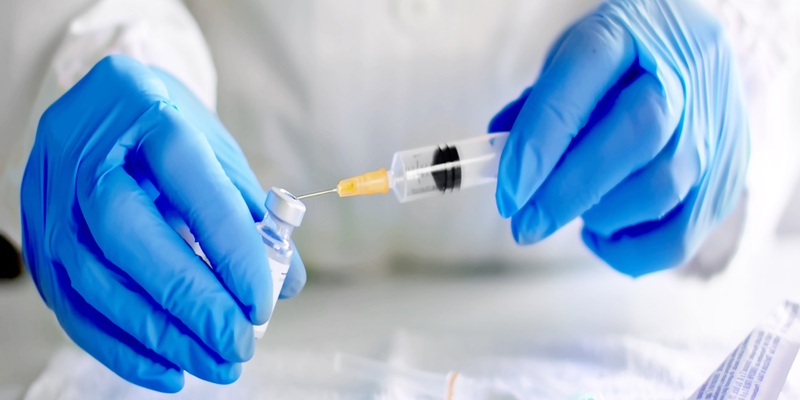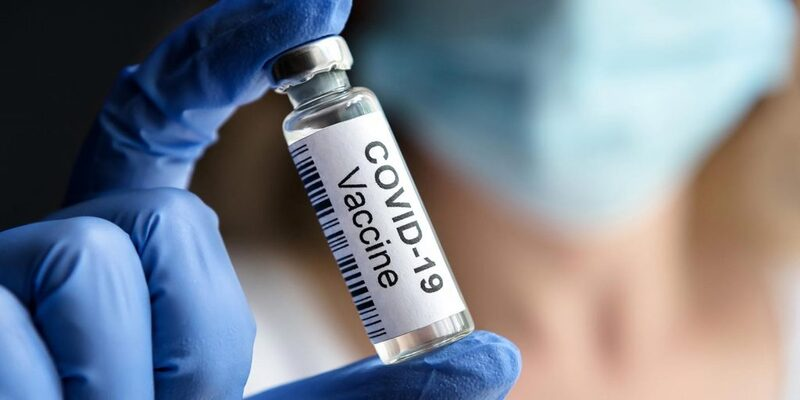
What You Need To Know About The Annual Covid Vaccine
Jan 07, 2023
It is required to obtain an annual dosage of the vaccination in order to maintain one's level of protection against the COVID-19 virus. The newly discovered coronavirus SARS-CoV-2 is responsible for the global epidemic of COVID-19, which has had disastrous effects on both humans and the economy. When a vaccination contains just a minute amount of a pathogen, such as a virus or bacterium, the body's immune system responds by manufacturing antibodies that provide protection. It is advised that people get a booster shot of the COVID-19 vaccination once a year in order to strengthen their immunity and better protect themselves against the virus. Numerous COVID-19 vaccines, including inactivated, subunit, vector, and live-attenuated forms, are either in the process of being developed or have already been given the go-ahead for use. Authorities in charge of public health and regulatory agencies will keep a careful watch on how effective and safe the annual COVID-19 immunizations are.
What Is The Function Of An Annual Covid-19 Vaccine?
Vaccines work by delivering a very little, non-active part of a virus or bacterium into the body in order to provide protection. When the body identifies a potential danger, the immune system kicks into action and begins producing antibodies to fight against the intruder. The immune system of the individual is prepared to detect and fight the full virus or bacterium, which may prevent disease or minimize the severity of the illness in the event that they are exposed to the virus or bacteria again in the future. Getting vaccinated against COVID-19 once a year has the same level of efficacy.
Following vaccination, the immune system develops antibodies to fight against the virus. These antibodies provide protection against the virus, but it's possible that this protection may deteriorate with time. They are given an additional dose of the COVID-19 vaccination once a year as a booster shot in order to enhance their immunity and better protect them against the virus.
What Kinds Of Annual Covid-19 Vaccines Are There?

Different types of annual COVID-19 vaccines are currently in development or have been approved for use. Among these are:
- Vaccines that contain inactivated (dead) virus particles, meaning they can't replicate or make you sick, are called inactivated vaccines. Immune system antibodies are produced in response to their injection, which is how they are typically administered.
- Rather than containing the entire virus, subunit vaccines only have a small portion, such as a protein. Antigens are usually given via injection and work by prompting the body to make its antibodies.
- Vector vaccines: these vaccines carry a piece of the COVID-19 virus in their virus, which is then injected into the patient. The vector virus has been altered so that it no longer causes disease but can still prompt the body to produce protective antibodies.
- These vaccines, known as live attenuated vaccines, contain a weakened strain of the virus that cannot cause illness but still elicit an immune response and develop protective antibodies. A nasal spray or inhalation is the typical method of administration.
How Effective Are Covid-19 Vaccines Given Annually?
Several factors, such as the vaccine, the recipient's immune system, and the circulating virus strains, will influence how well annual COVID-19 vaccinations work. Vaccines are extremely useful in preventing disease, and yearly doses of COVID-19 are likely to be just as effective. To emphasize, no vaccine is 100% effective; even those who get the shot may contract the virus or experience mild symptoms. On the other hand, vaccines can drastically lessen the likelihood of severe illness or death, and they can also help curb the spread of the virus by decreasing the number of carriers.
Are Annual Covid-19 Vaccines Safe?

Before they can be used, vaccines must pass a battery of tests. Health agencies and regulators will keep a close eye on annual COVID-19 vaccines to ensure their safety, documenting and addressing any reported adverse effects. Vaccines have a very high safety profile, and the benefits of getting one far outweigh any potential risks. Vaccines typically cause mild adverse effects, such as soreness or swelling at the injection site, fever, or general fatigue and aches after receiving the shot. These adverse effects usually disappear after a while.
Conclusion
Finally, an annual COVID-19 vaccine is a powerful weapon in the fight against the COVID-19 epidemic. It protects against the virus by increasing the body's natural defenses against it, lessening the likelihood of getting sick or dying from the virus and the possibility of it spreading. Annual COVID-19 vaccines undergo extensive testing and evaluation to ensure their safety before being licensed. The benefits of vaccination greatly outweigh the risks, so people must give it some severe thought whenever a vaccine becomes available.





